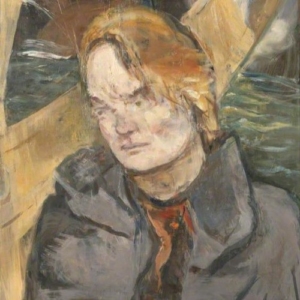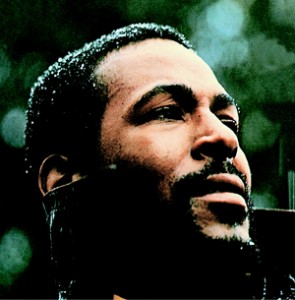
Experience, Criteria, Action, Art
While much has since been written about the relation of mental happenings to outward criteria, that work tends to follow the problem into various kinds of skepticism. Here I want to look at Murdoch’s differently attuned understanding of how inner experience is compatible with Ryle on the ghost and Wittgenstein on public criteria, as well as her occasional interlocutor Elizabeth Anscombe’s account of the relation of intention and action and, in a last section, Hugh Kenner’s elaboration of what T.S. Eliot called the “objective correlative”. In such examples the outer (observable) structure of concepts doesn’t so much block or occlude access to the inner, as invite us to consider what it would mean to think that experience, intention, emotion—to use the words of Murdoch, Anscombe, and Eliot respectively—have an outside structure.

